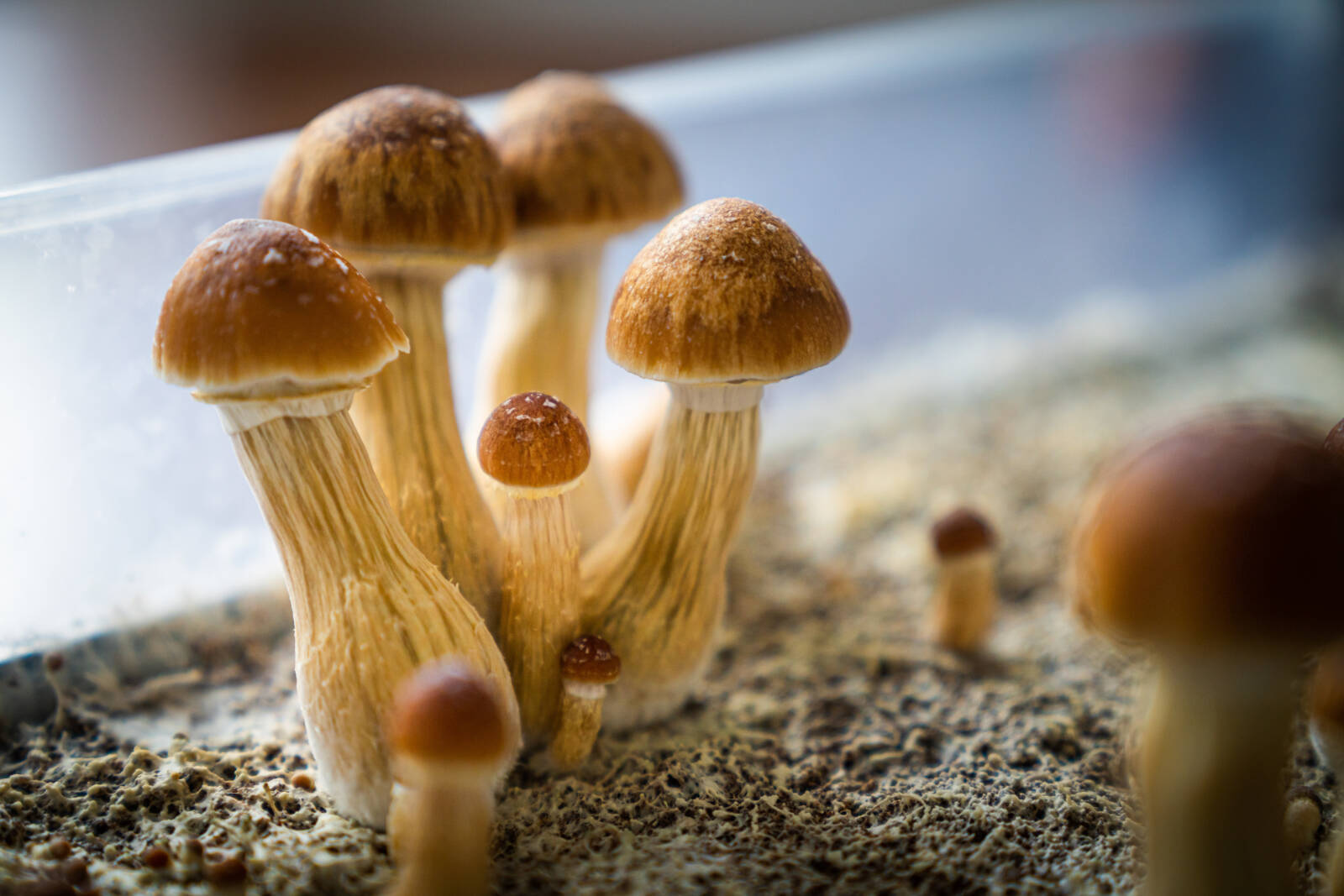By Owen Fullerton, Local Journalism Initiative Reporter, YGK News
Queen’s University and KHSC are officially set to get involved in the growing field of psychedelic research.
Work is underway recruiting and screening potential participants for Phase 2b clinical trials on the efficacy and safety of psilocybin-assisted therapy for the treatment of alcohol use disorder.
Participants will be taken through motivational enhancement therapy with psilocybin being used to essentially open their consciousness and maximize the effects of psychotherapy.
Dr. Claudio Soares, psychiatry professor and chair of the Psychedelic Science Advisory Committee for the Dimensions Health Research Collaborative, says there’s still a lot of work to be done even throughout the recruiting phase.
Dr. Soares says participants need to be excessive drinkers but otherwise be in good health with relatively stable housing and access to phone and internet – not necessarily a wide group to draw from.
“It’s not a population that’s easy to be found,” Dr. Soares said.
“Usually you have to screen quite a few potential candidates to find participants.”
READ MORE: Planning a trip? Oregon’s magic mushroom experiment advances
The trial is looking for participants who may not have access to other treatments, or have tried other treatments that failed.
Queen’s began to dip its toe in the waters of psychedelic research two years ago, establishing Dimensions Collaborative as an initiative to foster more research, education and awareness about psychedelics.
Now the university, along with KHSC, are embarking on what they hope will be the first of many clinical trials with psychedelics.
Psilocybin, often referred to as magic mushrooms, is being studied for its potential to be used in the treatment of a number of disorders including depression, anxiety and substance use disorder.
Like other plants with psychedelic properties, psilocybin has also been used for centuries in some religious and cultural ceremonies.
READ MORE: Health-care professionals fight decision to reject access to psilocybin for training
Dr. Steven Smith, Vice President of Health Sciences Research at KHSC and President and CEO of the Kingston General Health Research Institute (KGHRI), says while the potential of psychedelics in mental health care is exciting, there is extensive work to be done to ensure it is properly introduced to the health care system.
“The opportunity for KHSC to be a clinical site for this study is very exciting as psychedelic-assisted therapy has tremendous potential but requires a critical, evidence-based scientific approach to truly assess the positive impacts and any adverse consequences,” Dr. Smith said.
“This study is another example of the outstanding collaborative research eco-system involving KHSC, the KGHRI, and Queen’s University. We look forward to making significant research contributions in psychedelic medicine.”
Dr. Soares says some research being done in this field isn’t being designed properly, and it’s imperative to gather solid evidence to ensure potential risks aren’t overlooked.
He says approaching psychedelics in a free-for-all sort of way, as some proponents want to see, could be quite dangerous.
“A lot of people come to the field with preconceived ideas that psychedelics work well and should be widely used and there’s no need to do the studies,” Dr. Soares said.
“We want to know not only who can benefit from it but we also want to know when it’s risky… What are the potential risks or safety issues you have to keep in mind, what is the right dose.”
He says researchers are also being cautious to approach psychedelics differently than the way cannabis was approached.
He says when cannabis was legalized recreationally, most medical research on the plant disappeared.
With data showing stronger results for psilocybin and other psychedelics than cannabis ever demonstrated, the research community wants to avoid their potential being overlooked in any way.
Dr. Soares says so far things are being done more carefully and methodically to avoid those mistakes.
He says part of this work will also be tempering the expectations around psychedelics in healthcare, making sure people know that while there’s potential, psychedelics are not a magic bullet for mental health issues.
“We want to be part of the solution, part of those developing studies, designing studies and doing studies to collect the information,” Dr. Soares said.
“But we don’t want to contribute to the hype, we want to make sure we get the right information.”
Students at Queen’s are also a part of the research team for these trials, along with being a part of the Science Advisory Board as the university looks to both contribute to the growing research pool and train a qualified generation of leaders in psychedelic research.
As soon as 10 fitting candidates are found (contact Yan.deng↕queensu.ca if interested), the trial is expected to get underway in May.
If deemed useful and safe in these phase 2 trials for alcohol use disorder, psilocybin would theoretically move on to larger stage 3 trials before eventual approval by Health Canada for treatment of the disorder.
To get the week’s latest must-read stories from the cannabis world direct to your inbox, sign up for our weekly newsletter at canadianevergreen.com. You can also follow us on Facebook, Instagram and Twitter.

